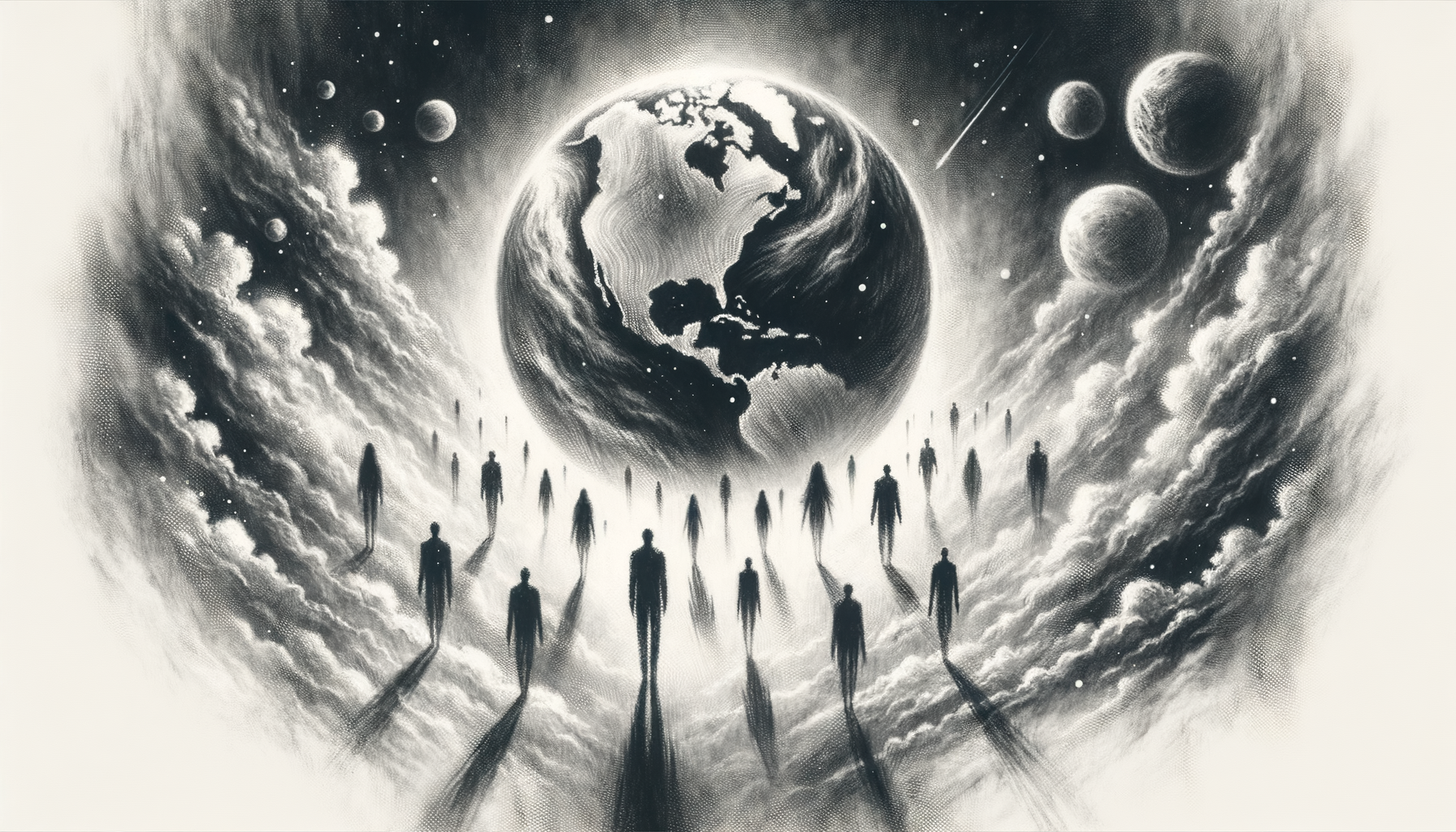What’s in a Name? Identity, Romance, and That One Starbucks Incident
The Weight of a Name
Your name is your story’s opening line. For better or worse, it shapes how you’re introduced to the world. Is your name something timeless like Olivia or James? Or maybe it’s a bit more unexpected, like Maverick or Persephone (both real names I’ve come across—I’m still rooting for Perse and her fifth-grade teacher). Either way, your name is the symphony people hum when they speak to you, call you, or swipe on your profile. It’s the thread that weaves through the first impressions you make, the relationships you build, and, yes, the coffees you pick up at Starbucks.
Take it from someone whose name evokes images of weeping willows and windswept prairies: your name is an extension of who you are, whether you like it or not. And it carries a little extra gravity when you’re moving through the thorny, exhilarating, sometimes confusing landscape of building connections.
Names in Romance: Rose by Any Other Name?
When you say your name to someone you’re just getting to know—on a first date or during that awkward text exchange where autocorrect makes it “Wilbur” (thanks for that memory, iPhone)—it’s a kind of unveiling. Relationships, after all, start with introductions. But even more than that, your name plants a seed for how someone will perceive you. Sure, they’ll eventually get to know the “real” you—the one who eats cereal for dinner and alphabetizes the spices—but that name? That’s groundwork.
Now, if your name is straightforward, things might click a bit faster. A “Hello, I’m Sarah,” for example, is a wholesome handshake of a name—warm, unassuming, easy to trust. But if you’re like me—a “Willow”—it might add a layer of curiosity, sometimes mystique. (Mystique, for the record, only works if you have the poise to pull it off. I’ve personally failed at leaning into “ethereal,” especially while trying to convince someone that I wasn’t fazed by my six months of braces).
Let’s be real: names can inadvertently set dating expectations. Think of it this way:
- A name like “Max” might conjure someone adventurous, scaling every metaphorical summiting cliff of the dating world.
- A “Margaret” (Marg, if she’s had one glass of wine) feels like someone you take home to Mom.
- A “Willow” inspires wild questions like, “Do you live off the grid? Do you churn your own butter?” For the record: no.
When I started dating, I learned how often names became icebreakers—or stumbling blocks. One guy in college interrogated me about whether my parents were hippies (fun fact: they weren’t, though horses and tie-dyed bandanas abound in Montana). Then there was the date who called me Willa all night because it “rolled off the tongue better.” He wasn’t wrong—and yet I never saw him again.
Are You Owning Your Name?
Naming quirks aside, what really matters is how you wear your name. Do you shrink when it’s mispronounced, or do you correct it with cool confidence? Do you use shortened versions because they’re convenient, or because they genuinely fit you best? Here’s the thing: dating often requires a bit of self-possession, and your name can either be a tool or a barrier.
Here’s why confidence in your name matters:
- It sets the tone. If you’re clear and assertive about how to pronounce or spell your name, it signals to others that you’re certain of yourself.
- It opens the conversation. Your name can lead to deeper chats—origins, nicknames, why you love or loathe it. That’s fertile ground for connection.
- It reflects your identity. Just like style or interests, your name becomes another way to signal who you are and what you value.
If you’re feeling stuck about your name’s place in your life, start here:
1. Tell the story. Got named after a beloved relative? A soap opera character? Share the backstory when someone asks—it humanizes you while helping others remember it.
2. Decide if you’re a nickname person. Not all of us are (spoiler: I’m not a “Will”). But if one fits, use it in certain contexts—it can make you more relatable without sacrificing identity.
3. Reframe the quirks. Do people always mispronounce? Misspell? Make bizarre jokes about your moniker? Find ways to laugh it off. “Willow, like the tree—also kind of how I bend emotionally during stressful first dates,” is my fallback.
The Starbucks Test
Let me tell you something about names and coffee shops. If life feels too heavy or earnest, your name can get oddly fun in the most mundane places. “Willow” becomes code for insightful social commentary when Starbucks baristas turn it into bizarre iterations like “WuLo” or “Willwah” (which sounds like I’m about to helm my own Viking ship).
Why do I mention coffee? Because it’s a perfectly low-stakes reminder that, no matter how tangled up identities and names get in romantic or otherwise high-pressure situations, the world doesn’t always take them so seriously. Use mispronunciations and blunders as moments to practice levity. (And hey, if the barista’s particularly cute, it’s as good an icebreaker as any.)
Falling in Love With Your Identity
Ultimately, whether you have a name that sounds like royalty or one that rhymes with an unfortunate word in fifth grade, love and dating are about how you show up—not just the name attached to you.
When you embrace your name—quirks, history, possible Viking aspirations—it becomes less of a label and more of an accessory you rock with confidence. Your name isn’t a box. It’s a melody. It’s flexible, playing whatever note feels most authentic to you in the moment.
So the next time someone botches it on a date, or you correct the fifth person of the day, take a breath. Laugh. And remember that no matter how they say it, your name represents a story only you get to write.




















